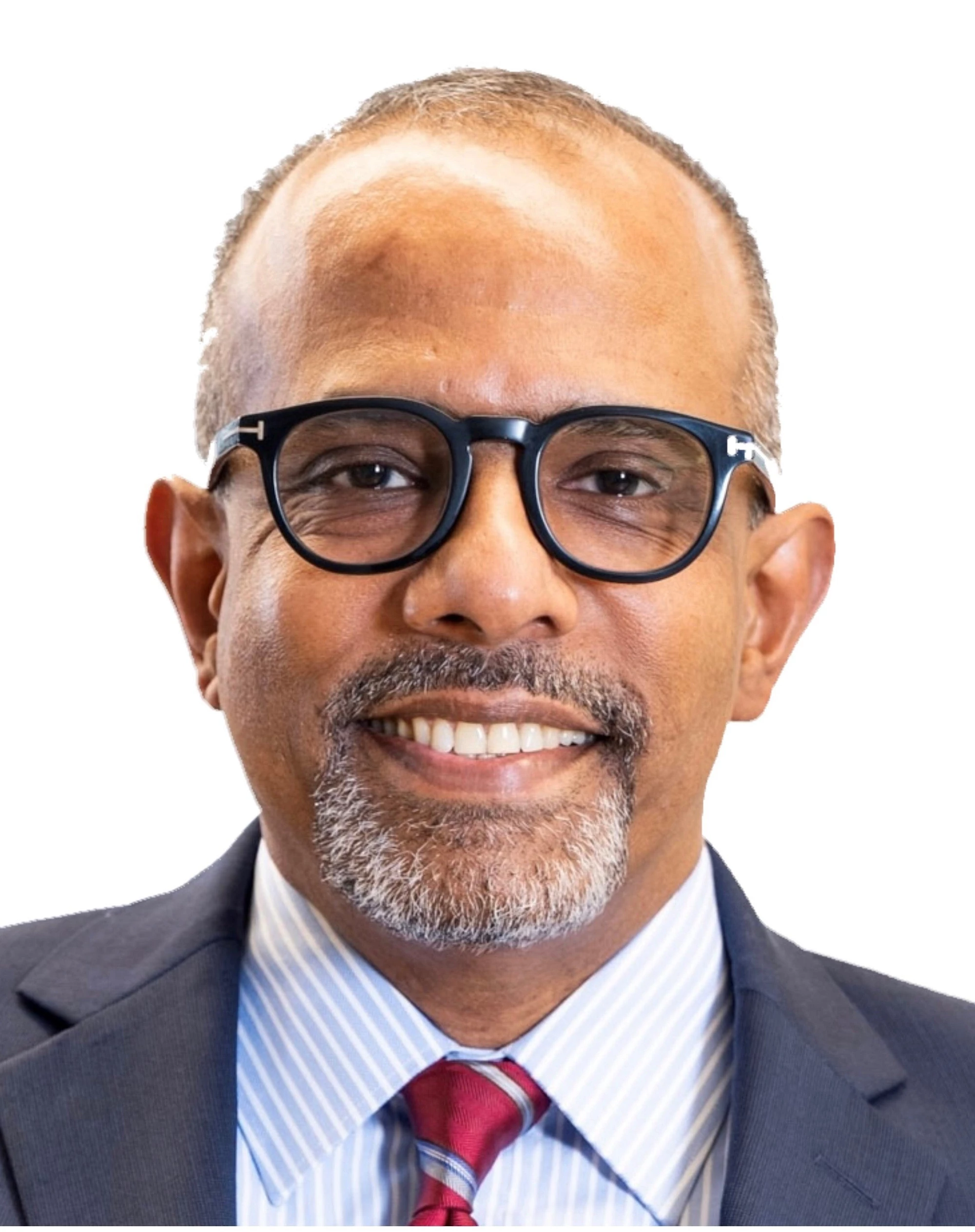
Data and metrics provide powerful insights that enable companies to navigate competitive landscapes, and to better understand their operations and customer behavior.
Healthcare organizations are no different, striving for excellence in asset utilization, cost efficiency and health outcomes. But how do they stack up against their peers? Limited data is available, especially in emerging markets.
Benchmarking provides the solution by enabling facilities to measure their performance against industry peers and pinpoint areas for improvement. The research is clear: benchmarking provides insight on an organization’s strengths and weaknesses, so that leadership understands what gaps in performance exist. By reducing inefficiencies and providing better quality healthcare to patients, healthcare companies can deliver better clinical, financial, and operational results.
Taking action: IFC’s healthcare benchmarking initiative
Recognizing this need, the International Finance Corporation (IFC)—a member of the World Bank Group and the largest global development institution focused exclusively on the private sector in developing countries—launched a benchmarking pilot in 2021 to collect and examine data from healthcare companies. By gathering and analyzing performance data, healthcare organizations would be armed with the information they need to provide better care and control costs. In 2023, the program, named Healthcare Benchmarking, was formally launched.
Given the sensitive nature of healthcare data, organizations are often hesitant to share it openly. By adopting strict data protection and anonymization, IFC’s study agreed with a select set of healthcare organizations on what indicators to collect, defining these so that true comparisons are possible, and collecting, processing, and analyzing the data.
The report: Key insights and surprising findings
The benchmarking program is based on a unique dataset of global performance covering 50 companies, 162 healthcare facilities and contributions from 32 countries. The detailed data cover four categories—finance, operations, quality assurance and clinical practice—and is arguably the biggest healthcare benchmarking database for emerging markets to date.

One of the main findings is that while many hospitals deal with the same types of issues, they are operating at varying levels of maturity and complexity. There is no such thing as a typical hospital—they all vary widely in every term, from hospital bed utilization to the use of operating theaters, and even staff turnover.
Also, healthcare businesses take time to mature. For the first five years, very few facilities show stable operations, finances, or healthcare quality. This is a crucial consideration for business planning, especially when evaluating investment opportunities.
There were also a few surprising results. Healthcare businesses in emerging markets demonstrate similar performance margins to major private and publicly listed healthcare companies in developed markets. However, this does not mean they don’t experience financial difficulties. For example, providers working with social health insurance often experience cash flow issues due to lengthy claims processing times, which requires careful management.
A less positive surprise was the limited reporting quality metrics reporting, including incidents. This part of the dataset suffered from a scarcity of reported events, most likely due to the limited abilities of facilities to collect, analyze and report quality data. The team behind this program looks forward to working with facilities to improve the ways they measure quality and to have an even better dataset in 2025.
Benchmarking provides the tools needed for an honest reflection on performance and comparison against peers. It also allows healthcare organizations to continuously improve their performance. Join the benchmarking club next year!
This blog post is part of a series on healthcare benchmarking that will be released over the next few months. Stay tuned for more.
FOR MORE INFORMATION: Please see the following videos on the pilot program, as well as two videos on the 2023 benchmarking program. Videos one and two both address how to use benchmarking to improve performance.
The Healthcare Benchmarking program is conducted by IFC, a member of the World Bank Group, in partnership with the Government of Japan.



Join the Conversation